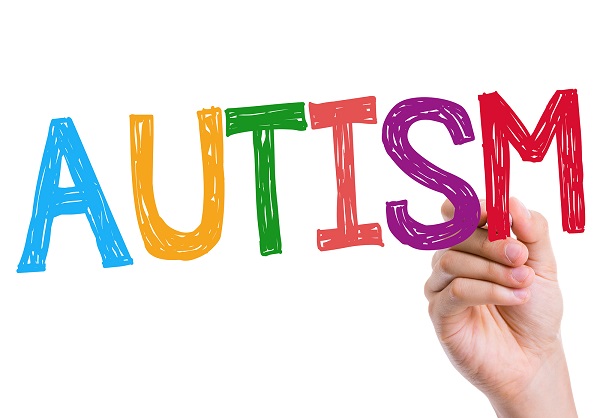“Guide to Autism Diagnosis for Adult”
Are you wondering if you are autistic? Perhaps you have seen a program on TV about autism or read about it somewhere and think that it describes what you feel and experience. It is not uncommon to find out that people go through their life without being diagnosed with autism and all the while feeling that they don’t fit in. A number of these people learn how to cope with life in their way, which mostly requires a lot of hard work on their part. Some people might be married and have families and a successful career whereas others might be isolated and struggle with normal things.
buy stromectol online no prescription

It is up to you whether to get a diagnosis. You can self-diagnose yourself by taking Asperger’s test for adults online or you can also go for a formal diagnosis. But, before you are diagnosed, you may want to know about your rights regarding support. You can apply for support and benefits even before you are diagnosed because they are provided on the basis of what you need and not what you have. You may be entitled to get community care services or may be able to claim benefits. The problem is that a number of people believe that a formal diagnosis is unhelpful.
The truth is that getting a formal and timely diagnosis can actually help you in a variety of ways, which are:
—It can help you, as well as your family members, colleagues, partner and friends, to understand the reason behind some of your difficulties and what can be done to deal with them.
—It may also assist you in getting access to appropriate benefits and services.
—It can also be helpful in correcting a previous misdiagnosis such as attention-deficit hyperactivity disorder or schizophrenia. This allows mental health problems to be addressed in a better way.
—With a formal diagnosis, you will be entitled to have reasonable adjustments made by your college, university or your employer.
—You will be able to join the autism community. While a diagnosis is not required everywhere, there are some forums and groups you can only join after diagnosis. Being a part of these groups can be of the utmost importance because it aids you in speaking with others going through the same things as you and gives you the opportunity to learn some valuable coping and management techniques.
As far as diagnosis is concerned, you need to remember that autism, including Asperger Syndrome, can be different from person to person due to which it is not easy to diagnose. Therefore, a multi-disciplinary diagnostic team is the best option for a formal identification. Self-referrals are accepted by some diagnostic teams, but in most cases, you have to have a referral from your GP. If you are seeing some other health professional like a psychologist, they can also give you a referral. Nonetheless, you should bear in mind that you will only be able to get a referral if you are able to convince your GP that you suffer from Asperger’s.
This means that you have to outline your symptoms to them and discuss the difficulties you experience. If your GP doesn’t have an in-depth knowledge of Autism, they will send you to someone who does. If they agree to give you a referral, they will send you to a diagnostic service like an assessment center or a clinic in your local area. If there is no such clinic in your area, you may have to go elsewhere. Private diagnosis is also an option, but it can be quite costly so it is best to seek local options first.



